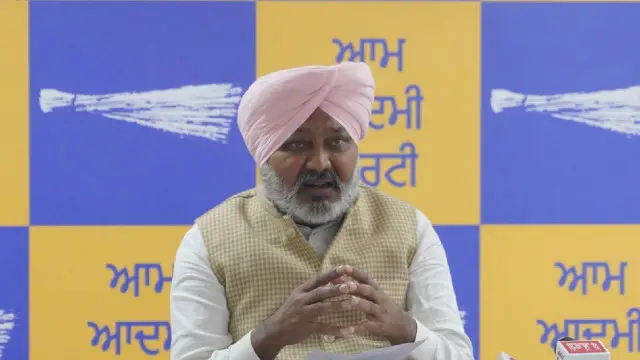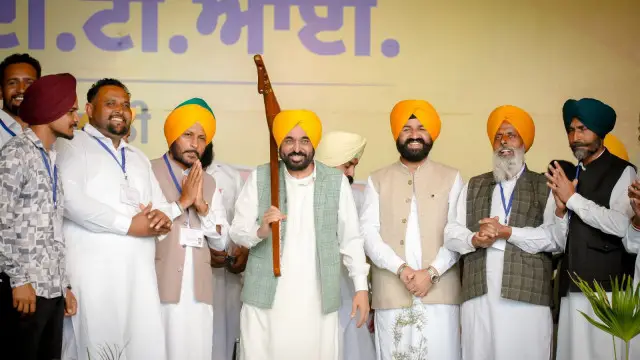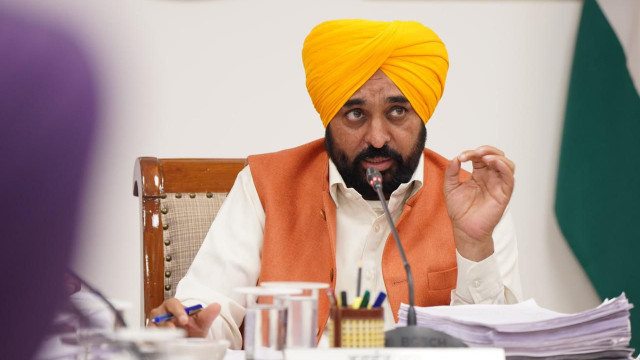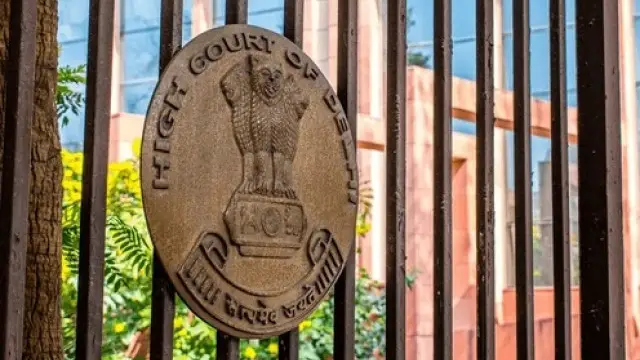Punjab Redefines Devotional Hospitality: Free Tent City Wins Hearts With Remarkable Service
At the 350th martyrdom ceremony of Guru Tegh Bahadur Ji in Anandpur Sahib, Punjab Government provided free tent city accommodation with high-quality amenities, winning widespread appreciation for comfort, healthcare, security and transport services.
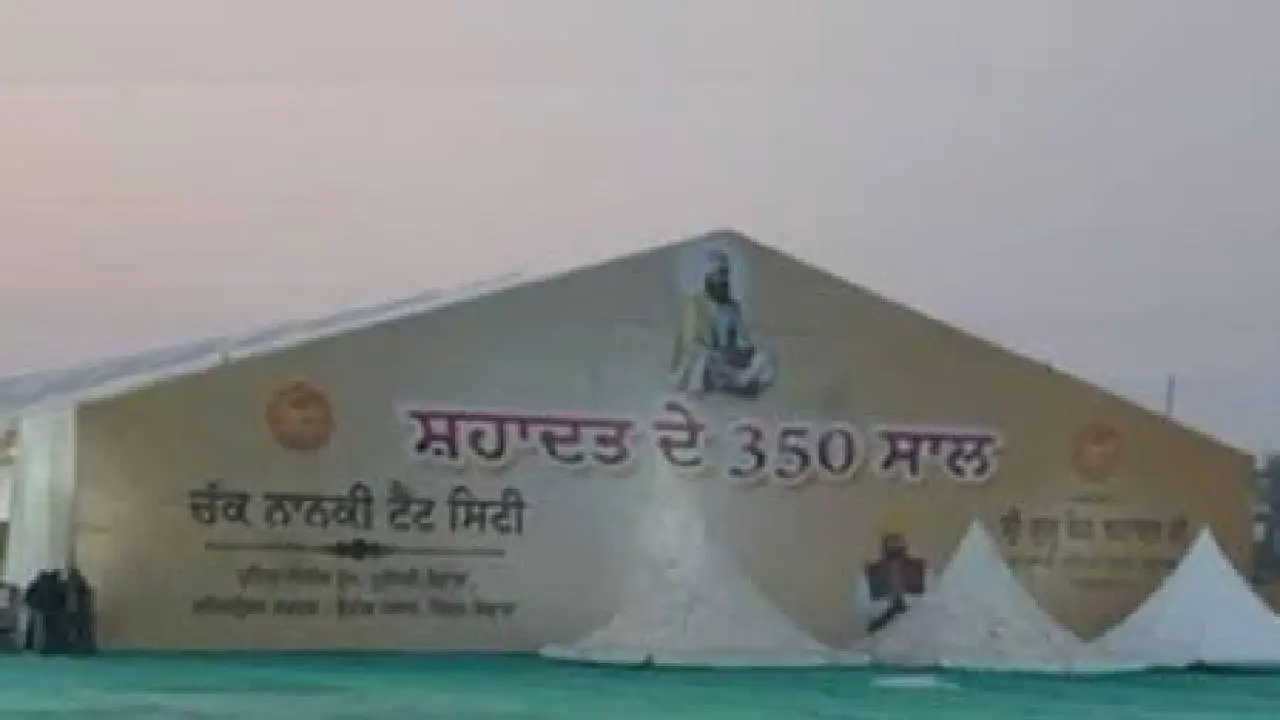
Punjab News: Punjab administration created three large tent cities offering completely free residential facilities to devotees arriving for the commemorative gathering. Despite no charges, arrangements reflected high efficiency and care. Devotees reportedly received a clean, well-maintained environment that felt structured and organised. The overall setup showcased thoughtful preparation rather than symbolic arrangements. Visitors acknowledged strong attention to basic needs. Officials ensured every facility matched practical comfort standards.
Why Did Tents Feel Homelike?
Special focus was placed on protecting devotees from cold weather during night hours. Thick woollen blankets and strong mattresses were provided to ensure warm and peaceful rest. Tents were designed to restrict cold air entry, improving insulation naturally. Power supply and lighting remained uninterrupted. Clean toilets and bathrooms were maintained throughout the duration. Dedicated water points were set up for drinking access. Many stated the living experience felt almost residential.
How Was Travel Made Effortless?
The government organised free shuttle buses and e-rickshaws running frequently between the tent city and the Gurudwara complex. This eliminated the need for walking long distances, especially beneficial for elderly and children. Clear signage made navigation simple. Volunteers assisted visitors in locating services. Timely movement reduced congestion around key areas. Transportation operated consistently without long waiting intervals. The arrangement added convenience and reduced physical strain.
How Strong Was Medical Support?
Round-the-clock healthcare facilities were established directly inside the tent city area. Doctors, nurses and paramedic teams stayed on duty, ready to respond instantly to health concerns. Medicines were provided free to all. Special monitoring was arranged for minors and senior citizens to prevent medical emergencies. Hot, nutritious langar food supported body warmth during the cold weather. Quick response points improved treatment speed. Devotees praised the protective measures adopted.
Was Security Managed Efficiently?
Security forces, including local police and trained volunteers, were responsible for maintaining order throughout the tent complex. CCTV surveillance systems helped track movement and prevent unwanted incidents. Adequate lighting remained active after sunset to support safe mobility. Dedicated zones were assigned for women and children for additional safety. Devotees reported a calm and reassuring atmosphere. Authorities ensured prevention without restricting normal activities or religious practices.
Why Are People Praising It?
Visitors expressed that although the arrangements were free, quality standards were not compromised at any stage. Instead of limited resources, services reflected adequacy and dignity. They highlighted that such events often associate “free” with “basic,” but the Punjab model proved superiority through preparedness. The administration prioritised human comfort over symbolic offerings. Devotees acknowledged that such hospitality reinforced spiritual commitment and practical responsibility combined.
Could This Become A National Example?
Analysts believe that the execution at Anandpur Sahib demonstrates how governance-driven support can transform large gatherings. The tent city framework enabled thousands to stay securely without financial burden. The initiative is now being seen as a potential prototype for future religious or mass-scale social events. Devotees stated that the experience supported both emotional and physical well-being. Many termed it a model of organised care under government leadership.




